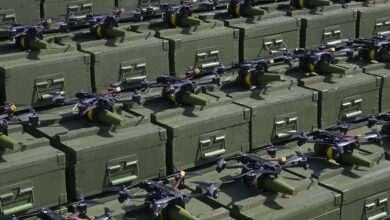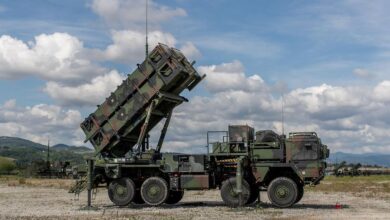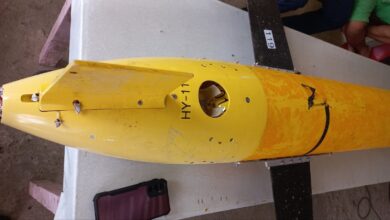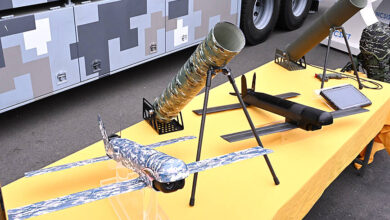France Test Fires Anti-Drone Laser
The European country will use the weapon to secure major events such as the Olympics set to be held in Paris in three years.
The French military this week conducted advanced testing of a laser-powered cannon capable of destroying a moving drone.
Developed by laser and optics technology firm Cilas, the High-Energy Laser for Multiple Application – Power (HELMA-P) can neutralize in-flight targets up to one kilometer away in a matter of seconds.
According to the Armed Forces Ministry, the cannon will help secure major events, such as the Paris Olympic Games in 2024.
“We aim to have a fully operational system in time for the 2024 Summer Olympics,” a ministry spokesperson told Reuters. “We need to adapt to changing threats and the increasing ability of drones to escape jamming devices or conventional missile shields.”
The test conducted near the Atlantic coast in southwestern France was reportedly the first in Europe. The United States, Israel, and Japan are developing similar weapons.
About HELMA-P
The HELMA-P is designed to respond to small unmanned aerial vehicles, securing operations on national territory by identifying, tracking, and neutralizing fixed or agile threats.
Cilas said that the high-tech weapon has destroyed drones moving at more than 50 kilometers per hour and under difficult tracking conditions. Additionally, it can be used to neutralize improvised explosive devices.
“HELMA-P provides considerable operational gains in air-land combat. The laser effector is capable of damaging the defense and reaction potential of the enemy before an action,” the company stated. “HELMA-P is therefore also a system to support the engagement of forces.”

Other Developments
In addition to completing advanced testing of the HELMA-P, the French military is reportedly preparing a tender to develop an electromagnetic wave cannon and an interceptor drone capable of protecting against enemy drones.
Electromagnetic cannons can fire projectiles within 110 nautical miles (200 kilometers) at five times the speed of sound. They use powerful jolts of electric current to propel non-explosive slugs at supersonic velocities.












